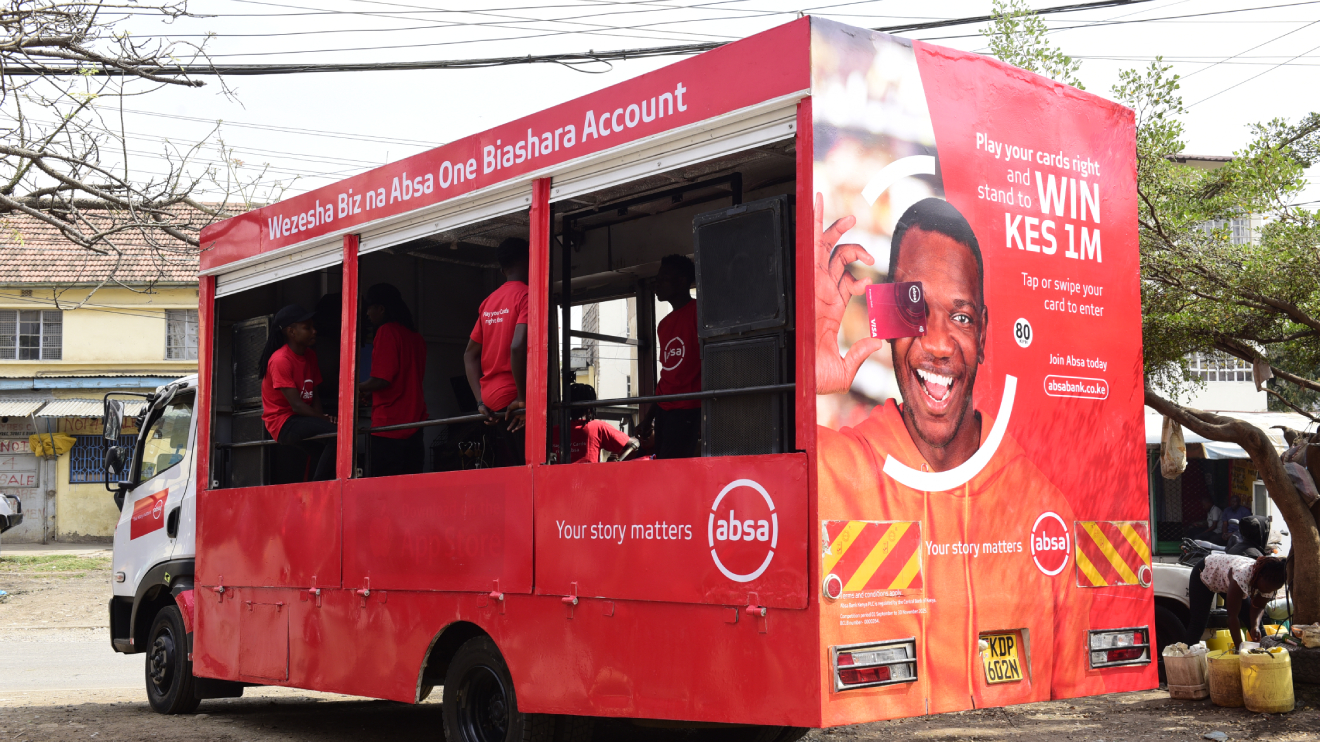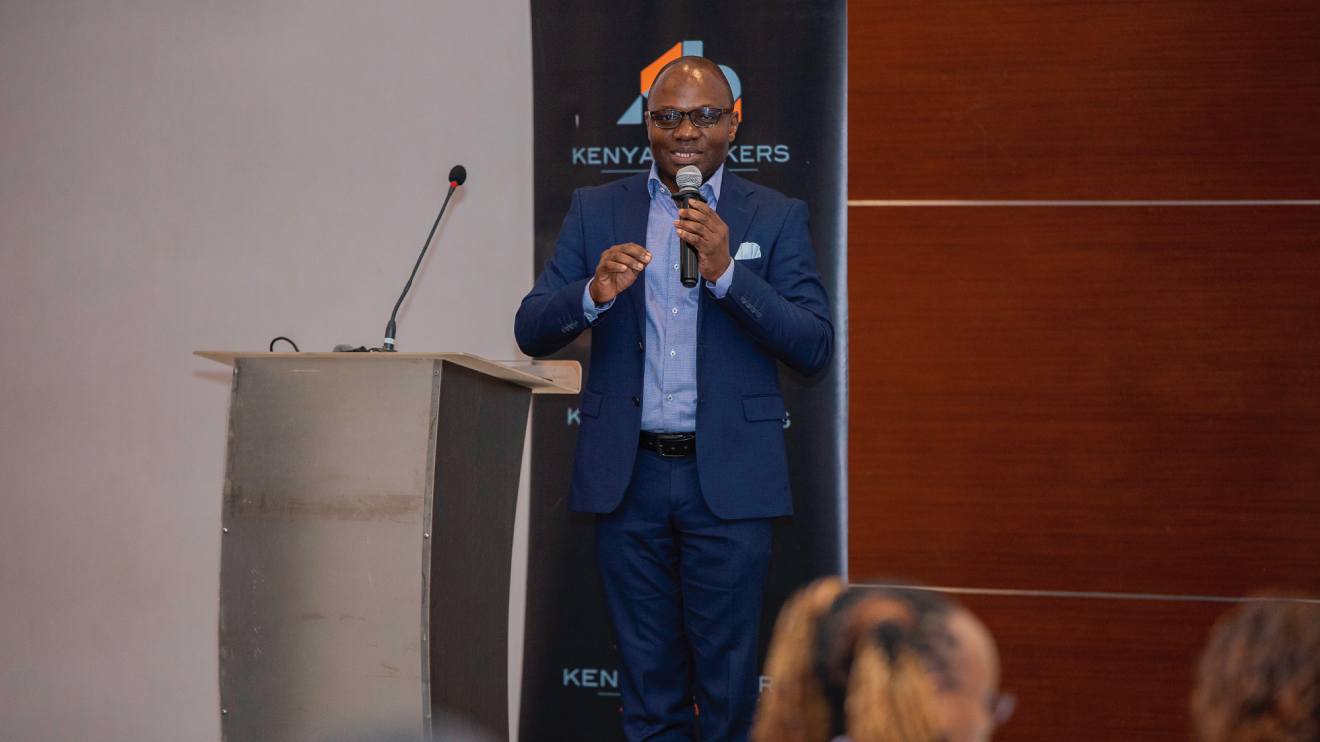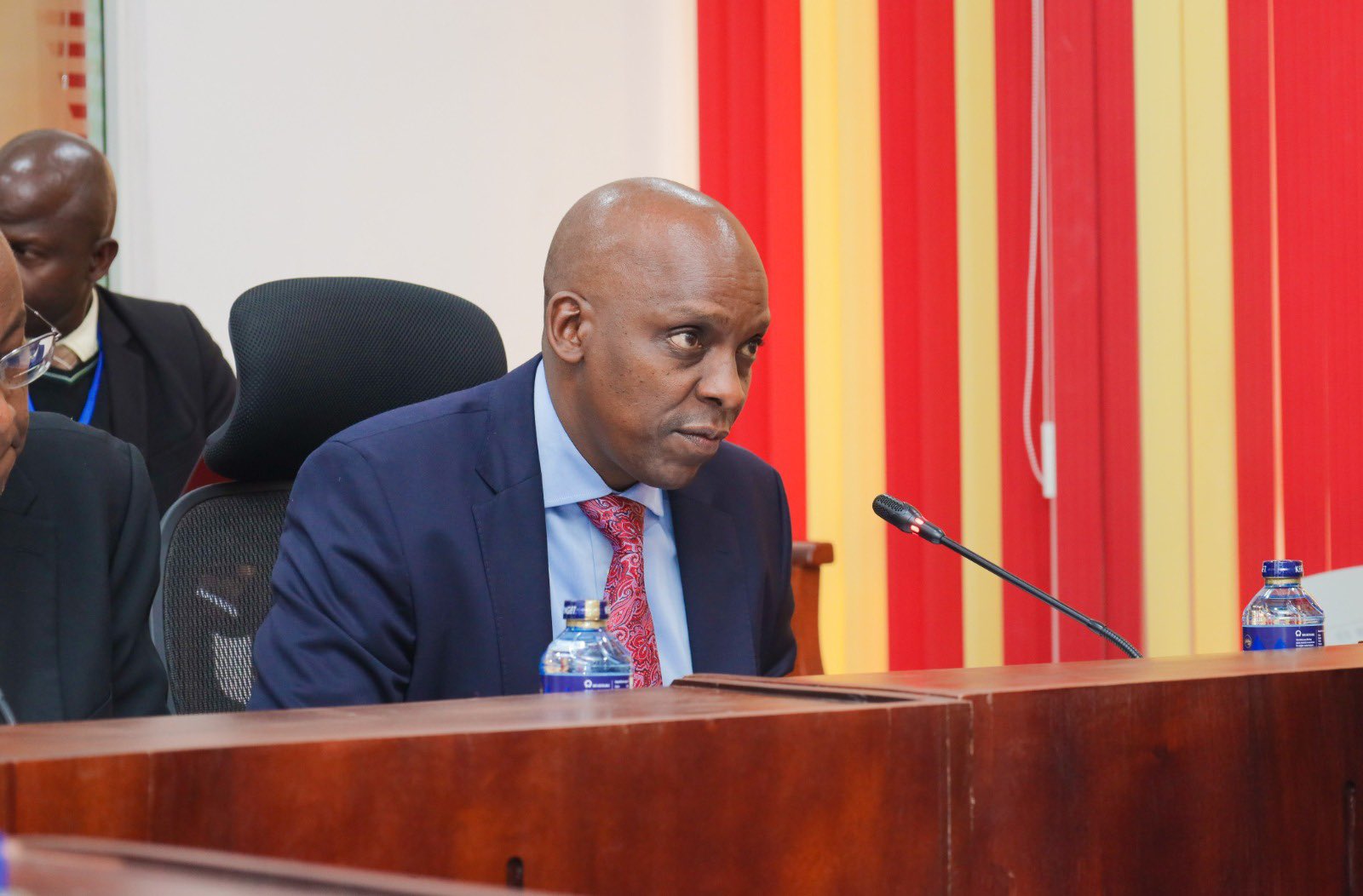The Kenya Revenue Authority (KRA) is considering the utilization of bank statements, M-Pesa statements, and scrutiny of social media activities as part of its efforts to combat tax evasion among Kenyan citizens.
This move comes as KRA Acting Commissioner General Rispah Simiyu emphasizes the organization's commitment to accessing personal information in order to ensure tax compliance.
Speaking during a recent interview on a local TV station, Simiyu highlighted that current legislation grants the KRA the authority to access individuals' financial transaction details, even though their systems are not yet integrated with banks.
"Our Act allows us to access your bank statements, but currently we are not integrated with the banks, but at a point when we are integrated, some of these taxes will flow through," Simiyu explained.
Simiyu further emphasized the need to expand the tax base in response to President William Ruto's appeal for the Authority to explore new avenues for increasing taxpayer numbers.
Read More
By evaluating other means to increase the tax net, KRA hopes to identify potential revenue breaches.
Simiyu stated, "From where we sit now, you need to give us a reason, maybe when we look at your activities, for example, you are importing high-end vehicles but then filing a nil return; that gives us a reason to look further."
To address concerns about privacy, Simiyu clarified that KRA's focus is solely on financial transactions and not personal information.
While M-Pesa statements are currently not being checked, there are indications that KRA is considering revisiting this approach, emphasizing that the government's objective is to monitor financial activities.
"We don't want access to your private information because what we are looking at is financial transactions... that is what we are limiting ourselves to," Simiyu reassured.
Acknowledging the prevalence of transactions conducted through mobile money platforms, Simiyu stressed the importance of the government securing this space to tackle tax breaches effectively.
She posed the question, "When you are talking about telcos, it brings us to the question; what can we do more? What else can we check to ease the burden on those already paying taxes?"
In addition to financial transactions, KRA is exploring the use of social media platforms to ensure tax compliance.
Simiyu revealed the existence of a team responsible for collecting taxes based on intelligence gathered from various sources, including social media and publications.
"We have a team that collects taxes on intelligence. It can be collected from everywhere; it can be social media, what you post, in publications which you have…so yes, we look anywhere and everywhere where we can access information," Simiyu confirmed.
Regarding social media flaunting, such as showcasing cash, jewellery, or high-end vehicles, Simiyu explained that KRA conducts background checks, often collaborating with the National Transport and Safety Authority (NTSA) to verify vehicle ownership through registration details.
She clarified that KRA's assessments are not solely based on online posts, stating, "...KRA will not base any assessment on that. We do a little bit of groundwork to get to that... It is not about taking a selfie and saying Maldives/Dubai manenos, then we're slamming you with 30 or 40 per cent."
As KRA explores these new avenues to curb tax evasion, concerns about privacy and fair tax collection are likely to arise.
Striking a balance between effective revenue collection and respecting individuals' rights will be a delicate task.
However, Simiyu emphasized the necessity of undertaking such efforts to ensure compliance and fairness.
By accessing financial information and monitoring online platforms, KRA aims to expand the tax net and create a fair environment for revenue collection.

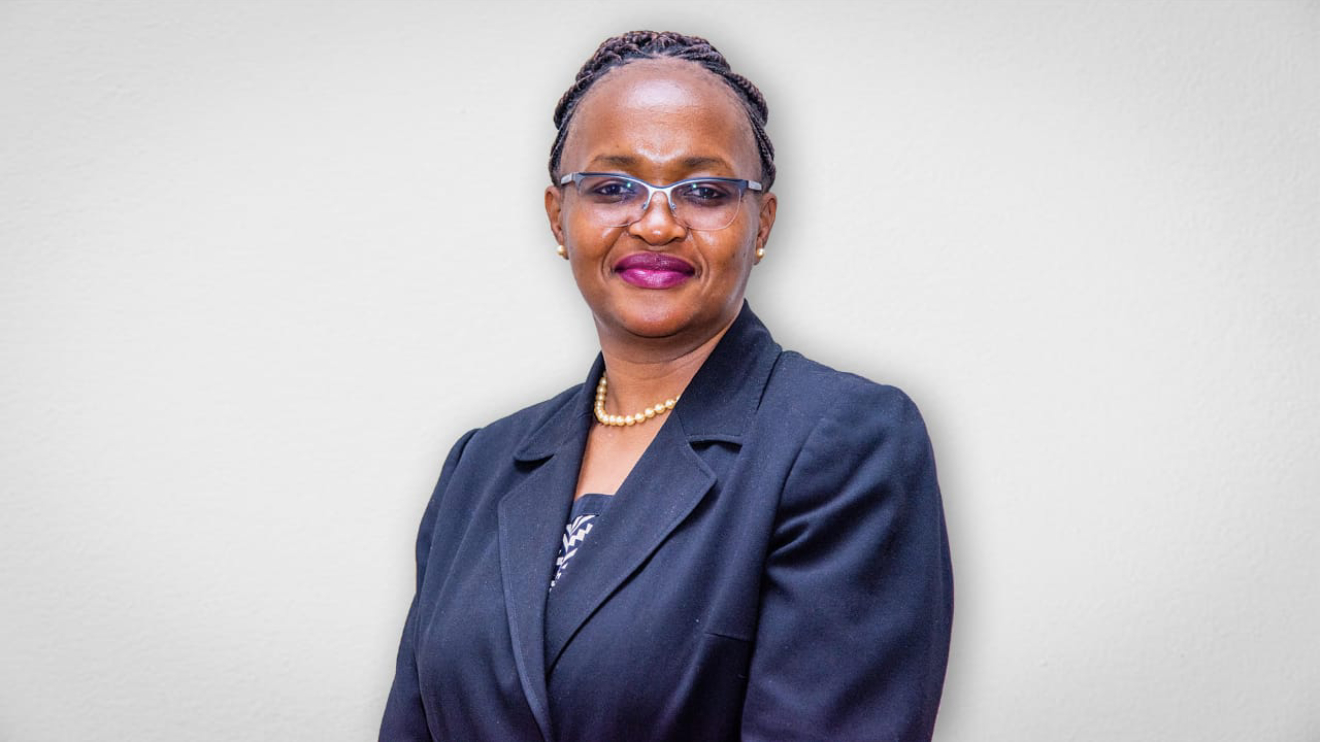


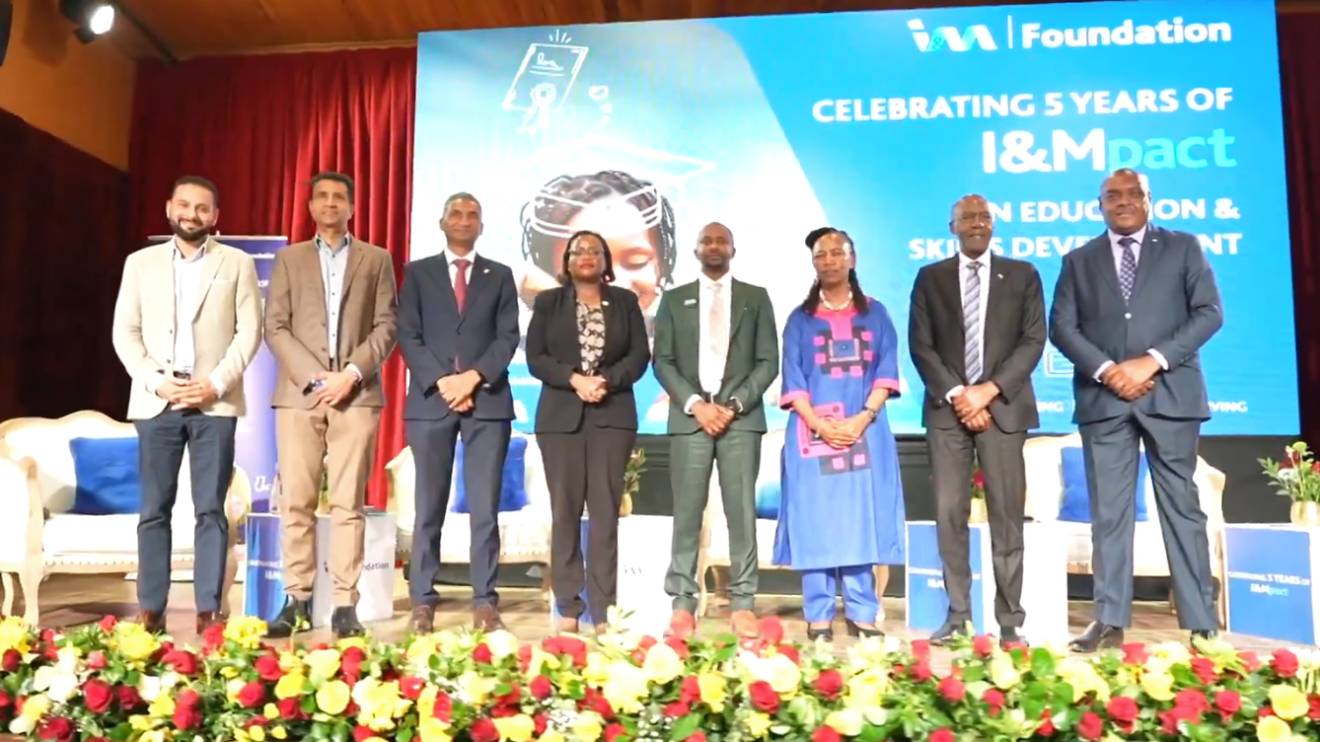


-1756319289.jpg)
-1756917651.jpg)
